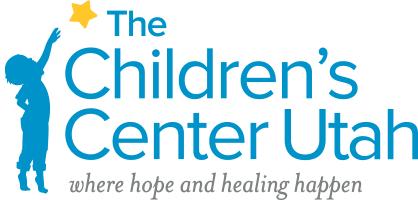Picky eating is very common during preschool years and is typical behavior in most toddlers. However, sometimes a child’s picky eating can become a big source of frustration for caregivers and families. Early childhood is a time of significant change and growth for young children and many children will seek sameness and control in their life through their food choices. It may take up to six attempts to expose children to new food before they feel comfortable enough to try the new food. Despite the commonality of picky eating in childhood, there are many strategies that can help children start to explore new foods.
What Can I Do About Picky Eating?
- Build a routine: Limit snacks and try to serve meals at a consistent time each day
- Serve new foods next to familiar food that your child already likes to eatLet children explore new food through touch, smell, or trying it in small bites
- Do not force your child to try new food
- Be a role model: Try new foods with your child and model eating a healthy range of food
- Provide your child with a sense of power and autonomy by giving options of food to eat
- Make trying new food a game
- Introduce new foods one at a time
- Have family mealtime
- If your child refuses to eat something; instead of getting mad, serve the same food again at mealtime
- Offer a variety of new foods over time
- Offer new food at snack time
- Involve your child in meal planning
- Have your child help with cooking
- Try to serve new foods with the same consistency in food shape, texture, or color
- Be patient: Do not rush to introduce new foods or textures (wait a week or two in between introducing new food)
- Have realistic expectations about food preference and amount of food
Additional Support
If you are concerned that your child’s picky eating behavior is outside of the norm for their age or that picking eating is having a significant impact on functioning, talk with your child’s pediatrician or family therapist at The Children’s Center. Your child may benefit from additional treatment models, including occupational, speech/language, and behavioral therapies.
Aimee Nakamura, CSW & Abigail Nash, ACMHC
Family Therapists at The Children's Center Utah

